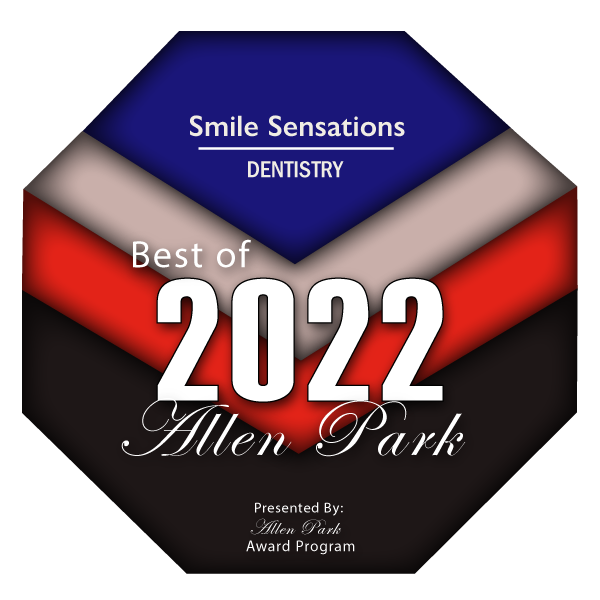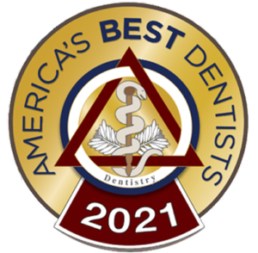DENTAL IMPLANTS Southgate MICHIGAN
Creating Healthy Beautiful Smiles in Southgate, MI.
At My Allen Park Dentist, Southgate Michigan, we offer a number of world-class dental services that cater to the dental needs of individuals from all spheres of life. If you are not sure about the kind of dental service that will be perfect for you, read further to get the details of the different services we offer.
Single Tooth Dental Implants
Dental implants replace tooth roots in the mouth. Implants provide a strong foundation for fixed or removable replacement teeth and can aid in the prevention of bone loss in the jaw.
Implant Supported Bridges
An implant-supported bridge is a restorative solution for spaces where three or more adjacent teeth are missing. This restoration typically requires two implants to support the porcelain bridge. The bridge provides a functional and aesthetic replacement for a patient’s natural teeth.
Implant Supported Dentures
For patients who are missing many or all of their teeth, implant-supported dentures may be an alternative to traditional dentures. This solution requires the placement of two or more implants. In order to replace a full arch denture, a minimum of four implants is generally recommended. Eligibility for this solution is dependent upon a number of factors, with jaw bone density being one of the most significant determining factors.
Traditional dentures rely on an acrylic base that sits directly on the gums, held in place by a paste or adhesive. Using implants as supports for dentures allows for a smaller and more comfortable base and less shifting of the prosthesis during use.
Implants can support both full and partial dentures as well as both fixed and removable dentures. If a removable denture is selected, the denture will “snap” onto the implant rather than requiring the use of denture paste or adhesives.
Full Arch with Only Four Implants
This procedure is a unique implant solution that allows patients with a completely edentulous (toothless) upper or lower arch to replace all of the teeth in that arch using only four implants as anchors.
Mini Dental Implants (MDIs)
There are times when a full-size implant is not a viable option, and in many cases, an MDI may be a great solution. Small spaces or inadequate bone mass in the jaw may prevent the use of traditional implants. Mini Dental Implants are similar to regular implants but, as the name suggests, are significantly smaller in diameter. Dental implants typically take 2 visits and require a waiting period of a few months from the time of implant placement to the time the permanent replacement tooth can be placed. The placement of MDIs is minimally invasive, often requiring only local anesthetic and no sutures. For this reason, MDIs can often be placed with the final replacement tooth in one day.
Guided Implant Placement
With this technique, specialized software is used to create custom surgical guides. These guides direct the exact location, angle, and depth of each implant placement. The use of the guide increases the accuracy, efficiency, safety, and predictability of the procedure.
The Benefits and Importance of Dental Implants
Want to know more about why you should choose dental implants?
Implants are the best solution for simulating the look, feel, and function of natural teeth. Dental implants do much more than replace missing teeth. They help maintain and strengthen bone structure, provide the ability to chew healthy food and give patients the confidence to smile. They also protect existing teeth by helping to preserve bone structure.
Once a tooth is lost, several things begin to happen that are not immediately noticeable to a patient and which can have a significant negative effect on both health and appearance. Tooth roots help hold teeth in place, but they are also critical in maintaining health in the surrounding gums and supporting bone structures. Bone loss in the jawbone is one significant problem that naturally occurs once a tooth is lost. This bone loss can compromise the integrity of neighboring tooth roots and tooth stability, and it is also a large part of what causes the “sunken” look that is seen in people who have lost several or all of their teeth. It is the reason patients who wear dentures find that over time their dentures are harder and harder to fit and keep in place.




